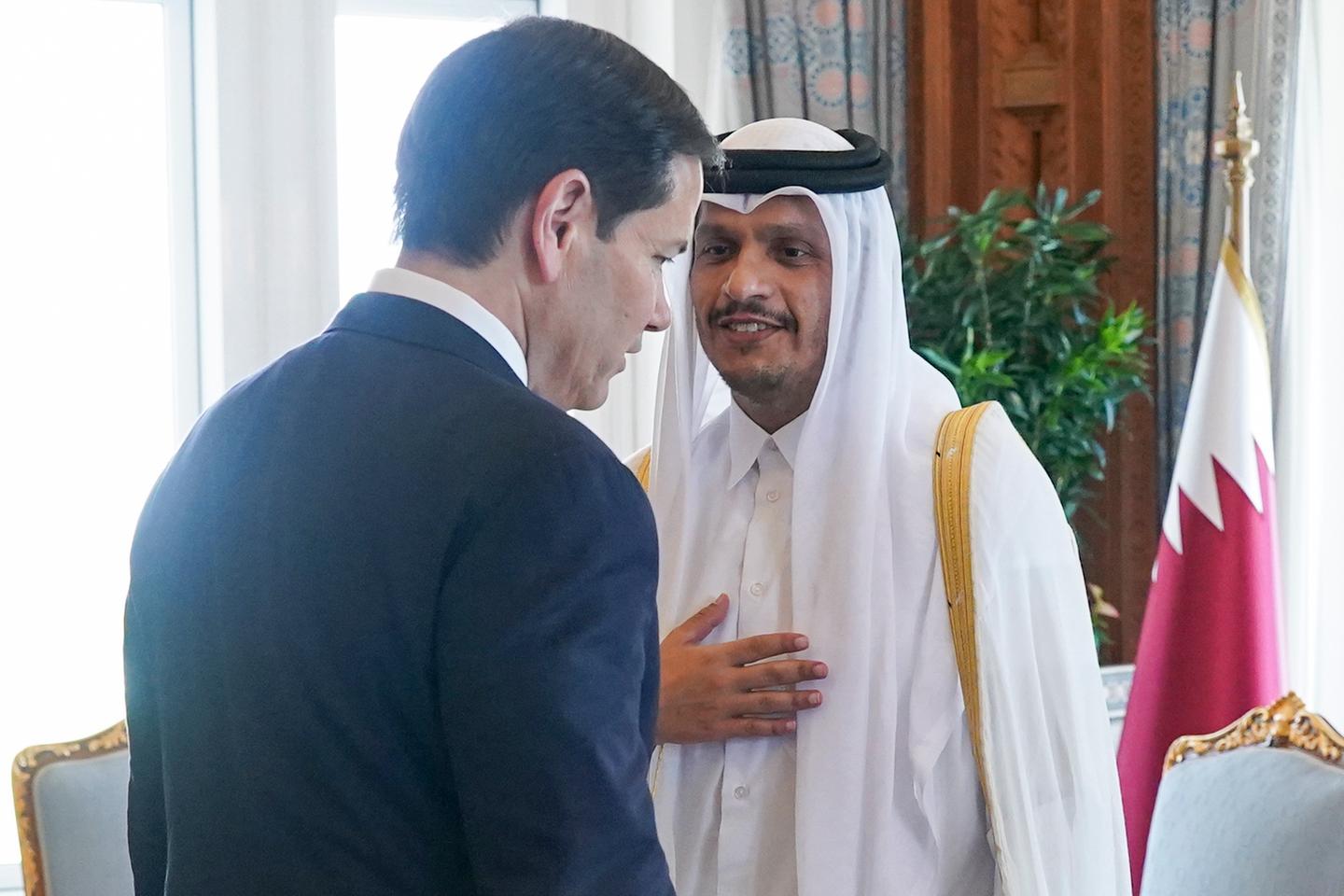


Has nothing changed in the Middle East? Truly nothing? Even as the international order collapses – undermined by revisionist powers like China and Russia, and at times by the United States itself – the main Middle Eastern powers remain trapped by their dependence on Washington, illustrated by a string of military bases and America's unbreakable ties with Israel, regardless of its actions.
The Arab League and the Organization of Islamic Cooperation held an emergency meeting in Doha on Monday, September 15, after an Israeli airstrike targeted Hamas negotiators hosted by Qatar. Member states were urged to review their diplomatic and economic relations with Israel and to initiate legal action against it. The outcome of this review remains eagerly awaited.
This call was addressed to the countries that have signed peace treaties with Israel – namely Egypt and Jordan – which have been spared from the sweeping cuts to international aid programs imposed by Donald Trump's administration. It also concerned regimes that normalized relations with Israel in 2020 under the Abraham Accords: the United Arab Emirates, Bahrain, Morocco, and Sudan, which has been ravaged by a new civil war.
While touring the region that same day, US Secretary of State Marco Rubio instead gave the green light in Jerusalem for the destruction of what remains of Gaza City, now facing a massive Israeli ground offensive. This was precisely what the negotiations led by Doha had sought to prevent. His next stop, a mandatory visit to Qatar, lasted less than one hour with the emirate's authorities.
'Wage their own wars'
Twenty years ago, the main threat to Arab countries came from the "Shiite arc" patiently built by Tehran. Iran had benefited from America's ill-conceived neoconservative experiments in Iraq to encircle a Middle East whose center of gravity had shifted toward the Arabian Peninsula. Pulverized by the post-October 7 Israeli bombing campaign, that "arc" is now history. It is now the instability fueled by the unilateral temptation of a purely security-driven "Pax Hebraica" that unsettles the Arab powers, further reinforced by uncertainty over US behavior.
You have 56.99% of this article left to read. The rest is for subscribers only.
